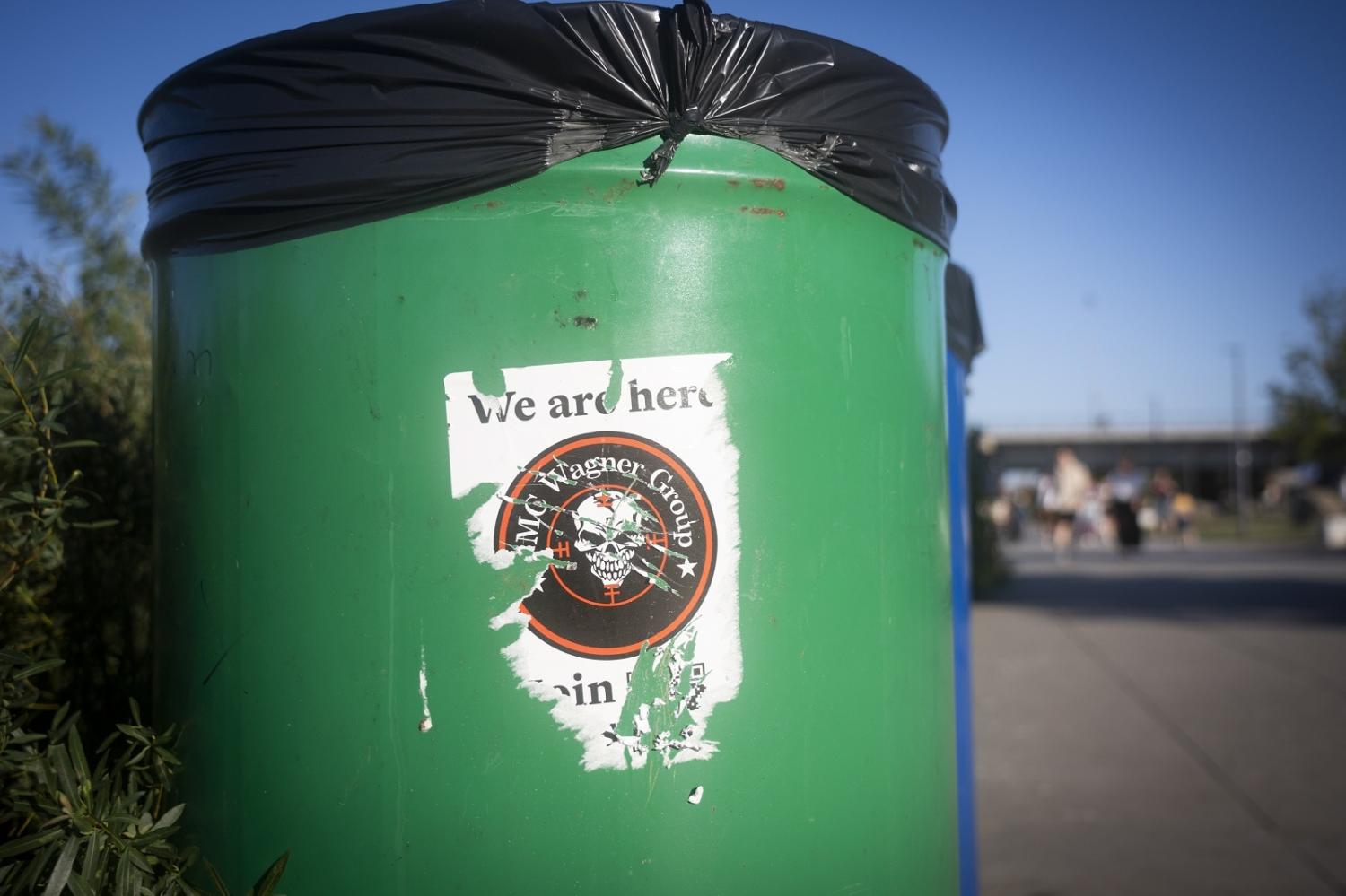Along with Yevgeny Prigozhin, the 10 dead from the 23 August plane crash included two other key figures of the Wagner Group hierarchy: Dmitry Utkin and Valery Chekalov. Prigozhin has made headlines for several years, and his eventual insurrection attempt certainly placed a big red target on him. But as it looks increasingly likely that this was an assassination, taking out the top leadership also heralds a bigger shift for the Wagner Group.
Prigozhin’s backstory as “Putin’s Chef” has become infamous, rising from selling hot dogs in a Leningrad (Saint Petersburg) market after early release from prison for a string of robberies and choking a woman. Prigozhin’s companies would later feed much of the Russian military. He was also believed to have diverted profits from Kremlin contracts to further the regime’s objectives against the United States and to humiliate European leaders by setting up troll factories to systematically target social media users with pro-Putin content.
But Prigozhin’s notoriety really grew with the development of the Wagner Group as a private army. Wagner emerged in Ukraine’s Donbas region in 2014, Syria in 2015, and began deploying across the Sahel region in Africa from 2017. Anonymous sources in Russia’s Ministry of Defence reported to journalists that the award of state-contracts to Prigozhin’s catering and maintenance companies throughout the early 2010s funded the group’s creation.
Whether or not a new figurehead will take on the role as Wagner chief, which is a particularly unattractive job, or the group shifts into something entirely different, we’ll need to wait and see. It may no longer be attractive to the Putin regime to provide one group with a monopoly of influence and power, and transitions that emerge following Prigozhin’s death could have far-reaching implications for Wagner’s activities.
The spotlight will turn towards Africa, where the Wagner Group been particularly active for several years. Strategic and operational shifts in countries like the Central African Republic and Mali are likely to indicate what’s to happen next.
It’s likely that many of the governments and regimes that have “benefitted” from Wagner’s services in Africa are quite concerned about Prigozhin’s death. It’s also just as likely that many people are relieved that Prigozhin’s death may alter what has been a brutal and terror-fuelled campaign of violence across the Sahel region of Africa, and Syria.
Prigozhin march on Moscow in June had already sparked considerable speculation regarding the future trajectory of the Wagner Group. Despite this, the strategic roadmap developed by the group to bolster governments, orchestrate foreign interference, and expand influence remains politically and economically attractive. The Wagner Group’s disappearance would present a challenge to rebuilding established relationships in the countries that it has been deployed to.

